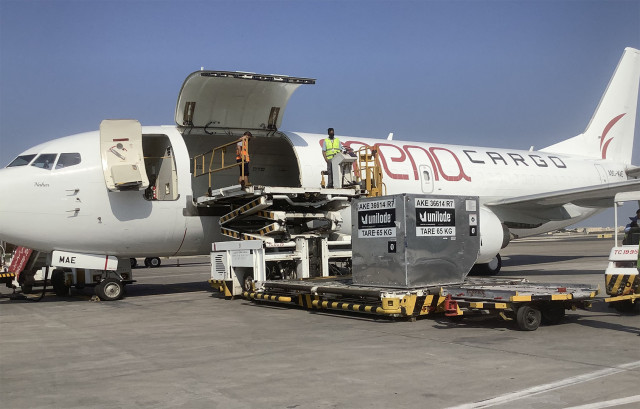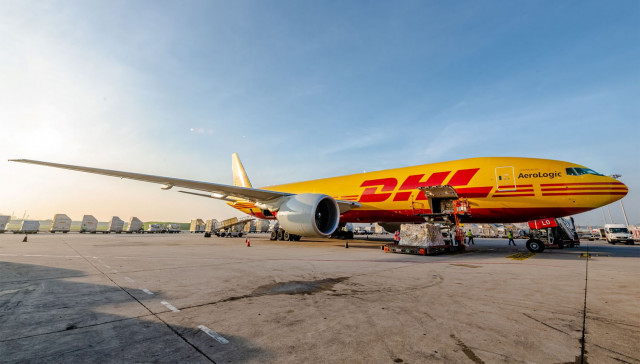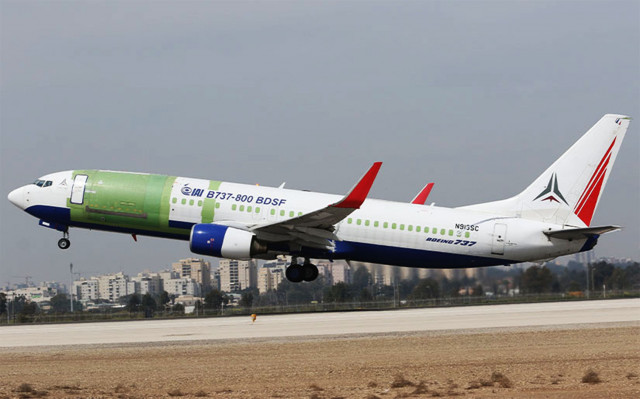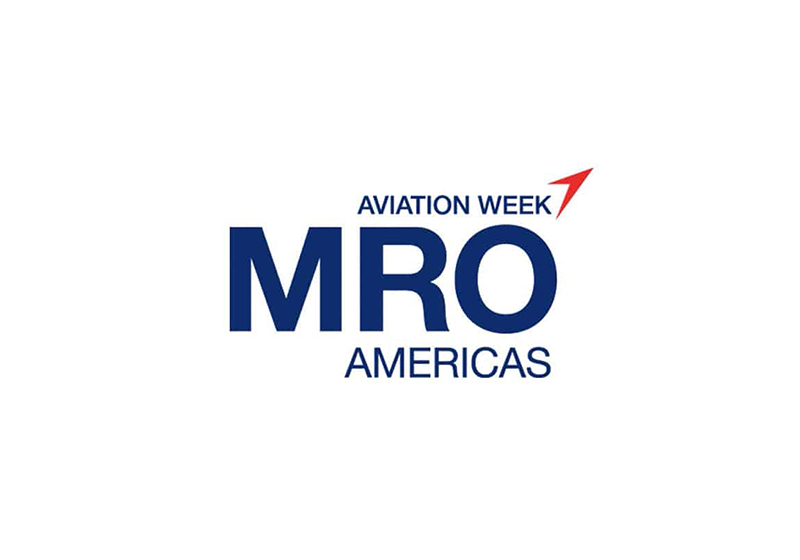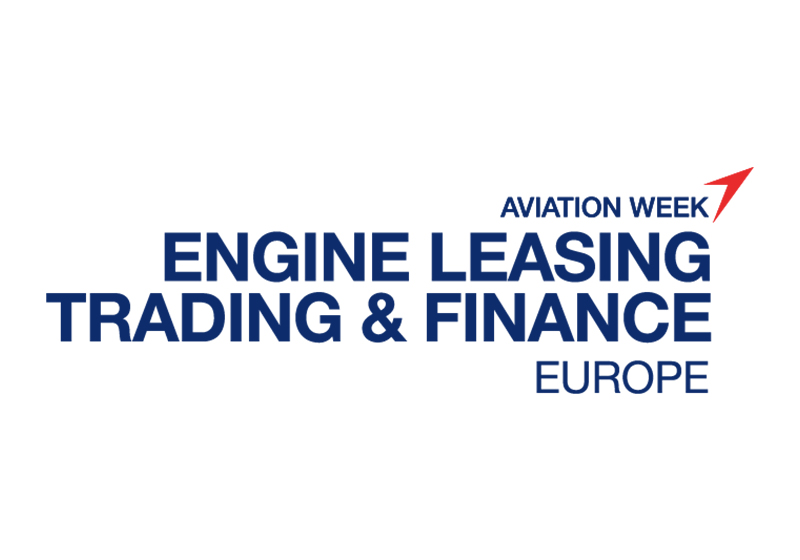MENA Cargo started fully commercial operations as of November 1st. Dr. Mohammed Juman says: ?We want to be part of the supply chain services provided by our client. This is another unique service that MENA Aerospace provides, in addition to all the other unique services that we have provided in our 15 years of operation.ÿWe?ve looked at the regional markets; where is the growth, where are the gates to the global markets. The growth we?ve seen is mainly in the Gulf area, Africa and SE Asia. So, our thought process was, let?s try to link these markets and let?s serve these markets.?
The MENA Cargo strategy is based on the principles of efficiency, flexibility, and agility. Various options for growth are being continually assessed, so that at each stage of expansion, resources can be allocated to maximise opportunities as they arise.
ÿBrian Hogan says: ?Clearly, we are in the right place at the right time. Cargo is going through the roof? if we had more planes now we think we could fly them continuously 24 hours a day.?
?We think we?ll have the opportunity to partner with a lot of operators out there with their passenger aircraft in the meantime as a bridge [until more aircraft are added to the fleet].ÿThe strategy is simple but complicated: we can use Bahrain as our hub, have 3-4 aircraft here, move into Saudi, and then move into South East Asia. We haven?t decided yet, but the hub in SE Asia could be Thailand, Singapore or Malaysia.ÿI think the value added we have is we have a brand new team, a very diverse team of international players, and we?re looking at it from an IT perspective, and prioritising remaining very agile moving forwards.?
Peter Hewett says: ?The vision is very clear. We are a new entrant into the Bahrain market as a cargo carrier, but we are not a new entrant to the industry, because we have a vast amount of experience within the team.?
Dr. Mohammed Juman says: ?The next market that we are focusing on right now is the Saudi Arabian market. We?re also looking at the SE Asian market, and the third market involves feeding international services into the regional markets of Africa.?
All aircraft are on Operating Leases. MENA Cargo has not ruled out purchasing aircraft in the future.
MENA Cargo currently has one Boeing 737-300 converted freighter, with a payload capacity of up to 17,000kgs, in its fleet. It is in final discussions to secure a second within a year. As part of our strategic partnership, we have entered into a one-year charter agreement with Euro Atlantic for a Boeing 777-200ER which is P2F type aircraft, with the likelihood of more aircraft being added soon.
Additionally we have access to a 767-300ER is currently being used on an ad hoc basis, but MENA Cargo is looking at options to take this on for a longer period of time. Furthermore, negotiations have begun for an additional Boeing 737 NG cargo aircraft, which would offer an increased payload with an extended operating range. To serve the Bahrain market, a Boeing 737-8F with a capacity of up to 22 tons will be added by January. A further two aircraft of this type are expected to be added to the fleet in the second and third quarters next year.
The makeup of the fleet will be continually adapted to best serve demand and emerging opportunities. In particular, additional aircraft will be added in the medium term in order to service the Saudi Arabian and South East Asian markets and capitalise on the huge growth of e-commerce occurring throughout the world. Brian Hogan says: ?critical mass of 15-20 aircraft?
ÿ
ÿ
ÿ

